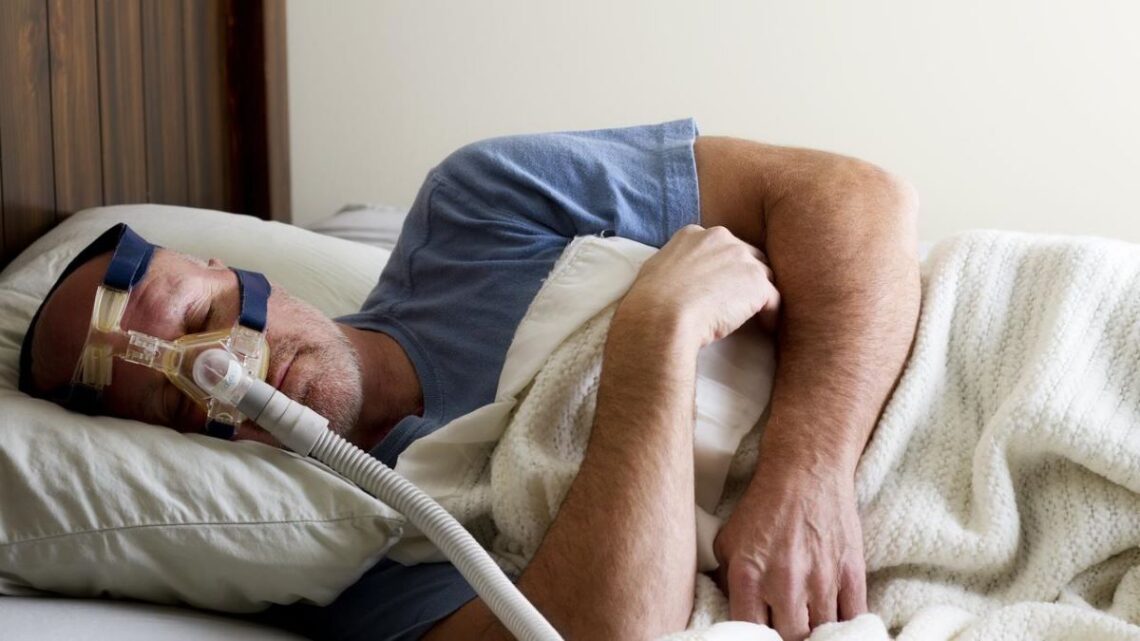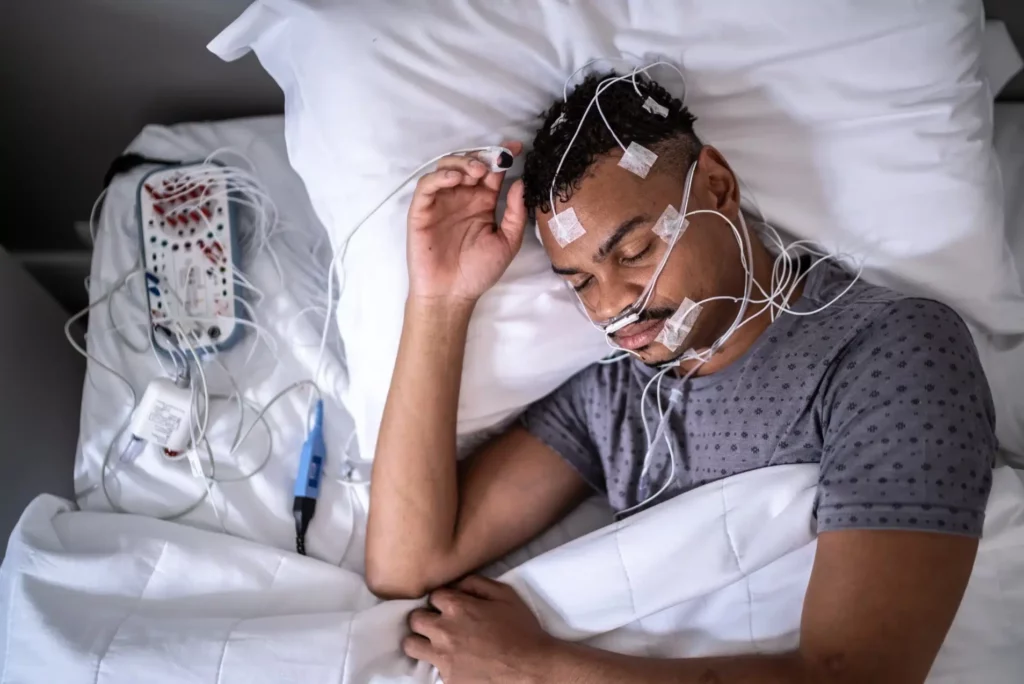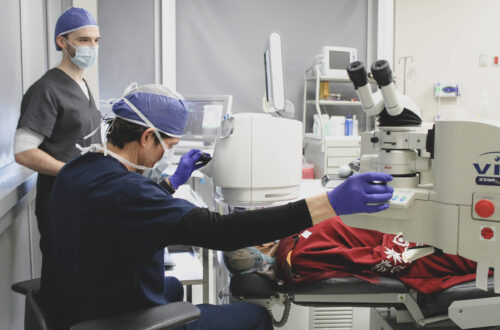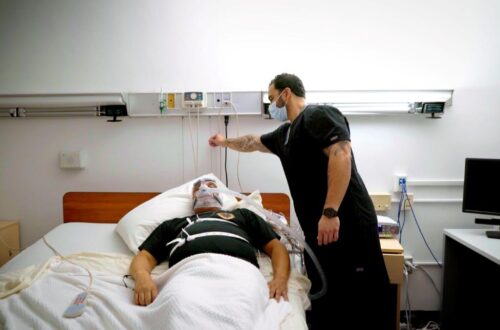
Canberra Sleep Study Cost: What’s Included and Are Home Tests Cheaper?
What Are Sleep Studies and Why Are They Important in Diagnosing Sleep Disorders?
Sleep studies are diagnostic tests that monitor your body’s activity during sleep to identify disorders affecting your rest quality. These tests track breathing patterns, oxygen levels, heart rate, brain waves, and body movements throughout the night, providing specialists with crucial data to diagnose conditions like sleep apnoea, restless leg syndrome, and chronic snoring.
The importance of sleep studies in Canberra lies in their ability to reveal hidden health issues that manifest only during sleep. Many Australians suffer from undiagnosed sleep disorders that contribute to daytime fatigue, cardiovascular problems, and reduced quality of life. Without proper testing, these conditions often go untreated for years.
In-lab polysomnography remains the gold standard for comprehensive sleep assessment. This overnight hospital or laboratory test provides the most detailed analysis of your sleep architecture, capturing extensive physiological data through multiple sensors and electrodes. Trained technicians monitor patients throughout the night, ensuring accurate readings and immediate response to any concerns.
For those comparing options, understanding the Canberra Sleep Study Cost helps patients make informed decisions between in-lab and home testing. Home sleep tests offer a practical, affordable alternative, using portable monitoring devices to collect essential diagnostic information in the comfort of your own bedroom. While they measure fewer parameters than in-lab studies, home tests effectively diagnose common conditions like obstructive sleep apnoea, making them an increasingly popular choice for initial screening.
What Are the Different Types of Sleep Studies Available in Canberra?
Canberra residents can choose between two main types of sleep studies Canberra clinics offer: in-lab polysomnography and home sleep tests. Each option serves different diagnostic needs and patient preferences, with varying levels of monitoring complexity and cost implications.
In-Lab Polysomnography: Comprehensive Overnight Monitoring
In-lab polysomnography represents the most thorough sleep assessment available. Patients spend the night at a specialized sleep laboratory or hospital facility where trained technicians attach multiple sensors to monitor:
- Brain wave activity through electroencephalography (EEG)
- Eye movements and muscle activity
- Heart rate and rhythm
- Breathing patterns and airflow
- Blood oxygen saturation levels
- Leg movements and body position
This comprehensive approach captures detailed data throughout the entire sleep cycle, making it particularly valuable for diagnosing complex sleep disorders beyond basic sleep apnea. The controlled environment allows technicians to observe and respond to any issues during the night, ensuring high-quality data collection.
Home Sleep Tests: Convenient At-Home Monitoring
A home sleep test provides a simplified alternative using portable monitoring devices patients operate themselves. These tests typically measure:
- Breathing patterns and respiratory effort
- Blood oxygen levels
- Heart rate
- Body position during sleep
The reduced parameter set focuses specifically on detecting sleep-disordered breathing conditions. Patients collect the device from a clinic, use it for one or more nights at home, then return it for analysis.
Conditions Diagnosed Through Sleep Studies
Both testing methods effectively identify sleep apnea, the most common sleep-related breathing disorder characterized by repeated breathing interruptions. They also help diagnose:
- Chronic snoring with potential airway obstruction
- Restless sleep patterns affecting daytime function
- Fatigue-related breathing issues
- Oxygen desaturation during sleep
The choice between in-lab and home testing depends on symptom severity, suspected conditions, and physician recommendations based on individual patient circumstances.
How Much Does an In-Lab Sleep Study Cost in Canberra?
The cost of an in-lab sleep study in Canberra typically ranges from $500 to $1,000 depending on the clinic and specific testing requirements. The price of polysomnography in Canberra varies based on the complexity of monitoring needed and whether you’re eligible for Medicare subsidies or bulk billing arrangements.
What’s Included in the Price?
The cost covers several essential components:
- Overnight monitoring in a private, comfortable sleep laboratory room
- Comprehensive data collection including brain waves (EEG), heart rate, breathing patterns, oxygen levels, and limb movements
- Pre-test consultation with a sleep specialist to discuss symptoms and medical history
- Post-test analysis where specialists interpret the collected data
- Detailed diagnostic report sent to your referring doctor
- Follow-up consultation to discuss results and treatment recommendations
Payment and Out-of-Pocket Expenses
Payment is usually required on the day of your appointment. Most clinics process Medicare claims directly on your behalf if you have a valid referral from your GP or specialist. Your out-of-pocket expenses depend on:
- Whether you qualify for bulk billing (typically for high-risk patients)
- Your Medicare rebate eligibility
- Any private health insurance coverage you hold
Patients with private health insurance may receive partial rebates, reducing their final costs significantly. Without any subsidies, expect to pay the full amount upfront.

Are Home Sleep Tests Cheaper Than In-Lab Studies?
Yes, home sleep tests cost significantly less than in-lab studies in Canberra. Home sleep test cost Canberra ranges from $149 to $400, making them roughly 50-75% cheaper than the $500 to $1000 price tag for in-lab polysomnography.
The substantial price difference stems from the streamlined nature of home testing. Patients receive a portable monitoring device to use independently at their own residence, eliminating the need for:
- Overnight accommodation in a sleep laboratory
- Dedicated sleep technician monitoring throughout the night
- Extensive facility overhead costs
- Complex equipment setup and maintenance
Home tests measure fewer parameters compared to comprehensive in-lab studies. Whilst in-lab polysomnography tracks brain waves (EEG), eye movements, muscle activity, heart rate, breathing patterns, and oxygen levels, home tests typically focus on:
- Respiratory airflow
- Blood oxygen saturation
- Snoring intensity
- Body position
This simplified setup makes affordable sleep testing accessible to more patients, particularly those with straightforward symptoms suggesting sleep apnea. The reduced monitoring scope doesn’t compromise diagnostic accuracy for common conditions like obstructive sleep apnea, where breathing patterns and oxygen levels provide sufficient data for clinical assessment.
Patients seeking Canberra sleep study cost savings often find home tests ideal for initial screening, with the option to proceed to in-lab studies if results prove inconclusive or if more complex sleep disorders require investigation.
What Does the Cost of a Sleep Study Include?
The quoted price for a sleep study includes several important parts beyond just the overnight testing itself.
In-lab polysomnography costs typically cover:
- Pre-test consultation with a sleep physician
- Overnight accommodation in a private sleep laboratory room
- Comprehensive monitoring by trained technicians throughout the night
- Analysis of brain waves (EEG), heart rate, breathing patterns, oxygen levels, and limb movements
- Detailed diagnostic report preparation
- Follow-up consultation to discuss findings and treatment options
Home sleep test packages generally include:
- Initial assessment and device instruction session
- Portable monitoring equipment rental
- Remote data analysis by sleep specialists
- Written diagnostic report
- Consultation fees sleep study for results discussion
Some clinics bundle all consultation fees sleep study into one package price, whilst others itemise charges separately. Patients should clarify whether specialist consultations, equipment hire, and report preparation are included in the quoted fee or billed as additional expenses. Medicare rebates may apply to specific consultation components when referred by a GP.
Can Patients Access Bulk Billing or Medicare Subsidies for Sleep Studies?
Bulk billing sleep study Canberra services are available to eligible patients, significantly reducing out-of-pocket expenses. Patients typically qualify for bulk billing when they present a valid referral from their GP or specialist and meet specific risk criteria for sleep disorders.
Medicare subsidies for sleep tests partially cover both consultations and diagnostic investigations. The subsidy applies to specialist appointments before and after the sleep study, as well as portions of the testing itself. Patients must hold a current Medicare card and obtain a proper medical referral to access these benefits.
Who Qualifies for Bulk Billing?
Eligibility depends on several factors:
- Patients identified as high-risk for sleep apnea through initial screening
- Those with documented symptoms requiring urgent investigation
- Individuals referred by their doctor with supporting medical evidence
- Patients meeting specific clinical criteria set by the sleep clinic
The bulk billing arrangement means the clinic directly bills Medicare for the rebate amount, eliminating upfront payment for eligible services. Patients should confirm their eligibility status when booking their appointment, as not all sleep clinics in Canberra offer bulk billing options. Some facilities may require partial payment even with Medicare subsidies, depending on the gap between the Medicare rebate and the clinic’s fees.
What Are the Typical Cancellation Policies at Canberra Sleep Clinics?
Most Canberra sleep clinics require at least 48 hours’ notice for cancellations to avoid financial penalties. This advance notice allows clinics to offer the appointment slot to other patients waiting for sleep studies.
Failing to provide adequate notice typically results in a late cancellation fee of approximately $100. This charge applies whether you’re attending an in-lab study or collecting equipment for a home sleep test. The fee covers administrative costs and the reserved appointment time that could have been allocated to another patient.
Some clinics may waive cancellation fees in exceptional circumstances, such as medical emergencies or unavoidable situations, though this varies between providers. When booking your sleep study, ask about the specific cancellation policy sleep clinics Canberra facilities enforce, as requirements can differ slightly.
To avoid unexpected charges:
- Confirm your appointment 24-48 hours beforehand
- Contact the clinic immediately if you need to reschedule
- Keep documentation of any emergency situations that prevented attendance
- Request written confirmation of cancellation when you notify the clinic
Payment for cancellation fees is usually required before rebooking another appointment. Read more about sleep studies.

How Quickly Are Results from Home Sleep Tests Available?
Home sleep test results in Canberra are typically available within 48 hours of returning your monitoring device. This rapid turnaround makes home testing an attractive option for patients seeking prompt answers about their sleep health.
The quick processing time stems from the streamlined data collection process. Home tests monitor fewer parameters than in-lab studies, allowing specialists to analyse the information more efficiently. Once you return the device to the clinic, sleep physicians review your breathing patterns, oxygen levels, and other recorded metrics to identify potential sleep disorders.
Why does speed matter for your treatment?
- Early diagnosis enables faster implementation of CPAP therapy or other interventions
- Reduces the time spent experiencing untreated symptoms like daytime fatigue
- Allows your GP to develop a comprehensive treatment plan sooner
- Minimises the health risks associated with undiagnosed sleep apnoea
Some Canberra clinics offer same-day consultations once results are ready, ensuring you receive expert guidance without unnecessary delays. This efficiency makes home sleep test results time Canberra clinics offer particularly valuable for patients with suspected moderate to severe sleep apnoea requiring urgent intervention.
Related : Top 5 Brisbane Suburbs Offering Affordable Sleep Testing Near You
Frequently Asked Questions
A sleep study monitors breathing, heart rate, oxygen levels, and brain activity during rest to diagnose sleep disorders such as sleep apnoea, snoring, or restless leg syndrome.
2. What are the main types of sleep studies available in Canberra?
Canberra sleep clinics offer two main options: in-lab polysomnography for detailed overnight monitoring and home sleep tests for convenient, cost-effective at-home assessment.
3. How much does an in-lab sleep study cost in Canberra?
An in-lab sleep study in Canberra typically costs between $500 and $1,000, depending on the clinic, test complexity, and eligibility for Medicare rebates or bulk billing.
4. Are home sleep tests cheaper than in-lab studies?
Yes. Home sleep tests cost around $149–$400, making them up to 75% more affordable than hospital-based studies while still providing accurate data for sleep apnoea diagnosis.
5. What is included in the cost of a Canberra sleep study?
The price covers pre-test consultation, overnight monitoring or equipment rental, data analysis, a diagnostic report, and a follow-up consultation with a sleep specialist.
6. Can I get a bulk-billed or Medicare-subsidised sleep test in Canberra?
Yes. Many Canberra sleep clinics offer bulk billing or Medicare-subsidised options for patients referred by a GP and identified as high-risk for sleep disorders.
7. How quickly can I get results from a home sleep test?
Most home sleep test results in Canberra are available within 48 hours of returning the device, allowing for fast diagnosis and early treatment initiation.
8. Do Canberra sleep clinics charge cancellation fees?
Yes. Most clinics require 48 hours’ notice to cancel or reschedule. Late cancellations often incur a $100 fee to cover administrative and booking costs.
9. Why should I consider a home sleep test in Canberra?
Home sleep tests offer comfort, affordability, and accuracy—letting you sleep naturally in your own bed while collecting essential data for diagnosing sleep apnoea.



